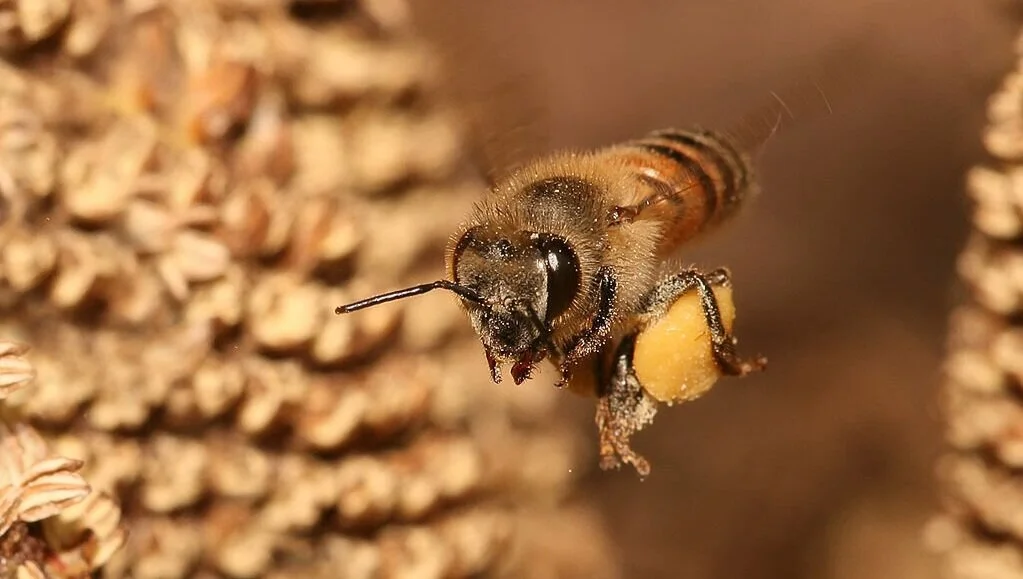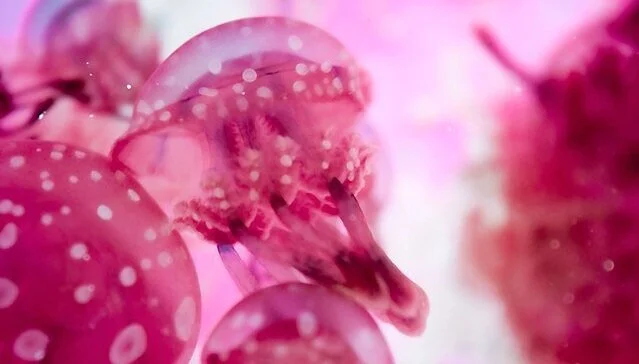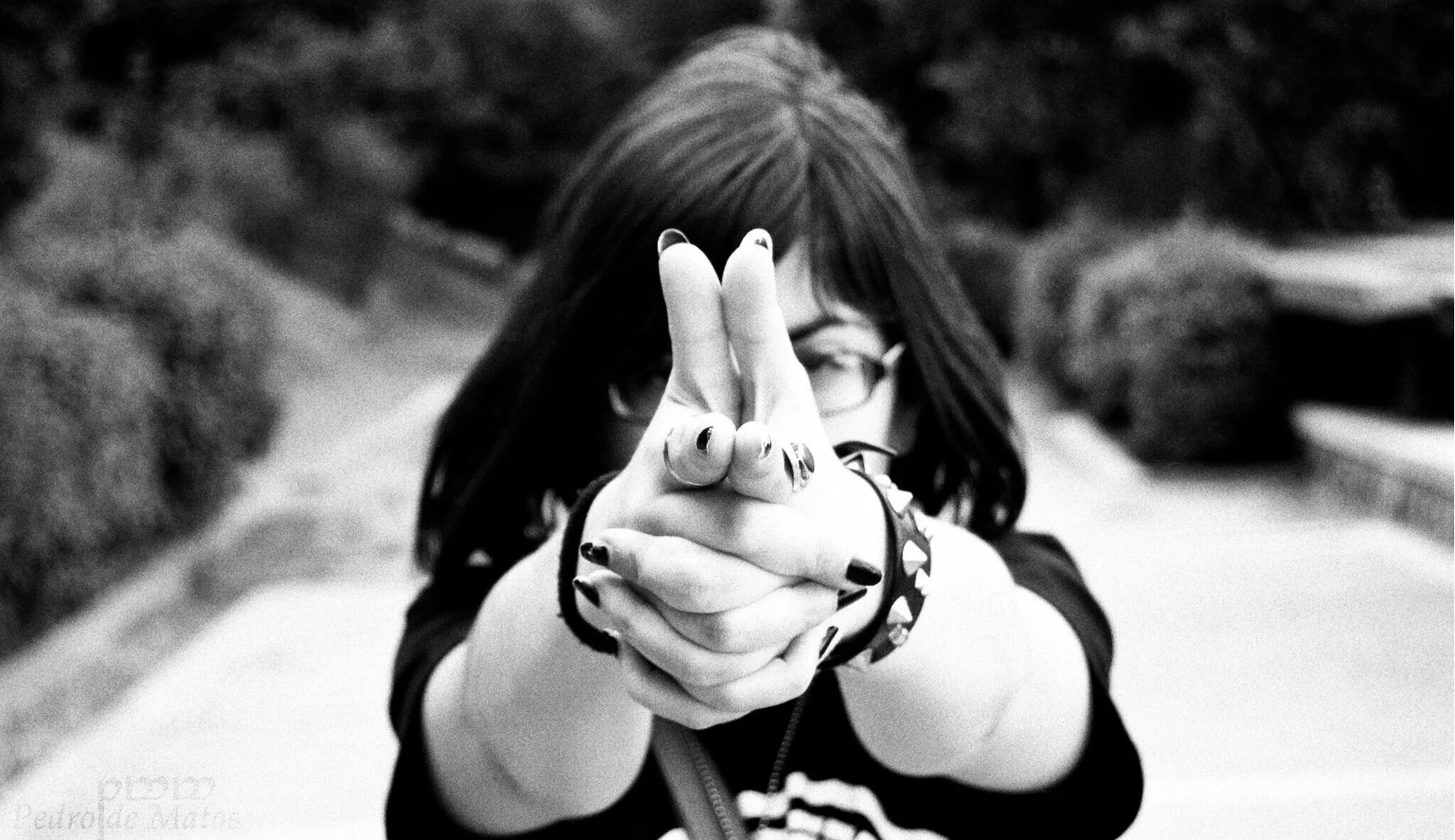Expanding possibilities for beekeeping mentorship in the wake of a pandemic
In mid-June of this summer, I found myself looking down into the grass at half a cup of soaking wet, powdered-sugar-covered, angry bees. I was holding my homemade sugar shaker in one hand—the poorly-constructed mesh lid laid in the grass, a symbol of my defeat. I stood there, helpless, as hundreds of wet, sticky bees crawled over themselves in an attempt to escape each other and fly back to the hive entrance. I had only been beekeeping for two months at this point, and I had expected some disruptions. In my mind, however, this was a spectacular disaster of unseen proportions, and I thought to myself, “Maybe it would have been nice to have a beekeeping mentor.”
Beekeeping, whether as a profession or a hobby, has a long-standing tradition of mentorship. Online guides and beekeeping forums often urge new beekeepers to look for a mentor, usually a beekeeper with decades of experience, who is willing to volunteer personal instruction for the new beekeeper. The beekeeping community today generally conceives of the ideal beekeeping mentorship as a one-on-one, in person, intensive experience in which the new beekeeper receives hands-on experience with the mentor’s hives.
In April and May of 2020, when I was beginning to think about starting a colony, my own local bee club’s online forum was rife with posts from newbies like me titled “Seeking mentor.” There were plenty of posts from new beekeepers asking innocuous questions about how to buy bees, where to put them, the best place to get new hive ware, and more. Oftentimes, commenters, instead of offering specific answers to these questions, would simply implore these new beekeepers to “find a mentor.”
Many of the replies to my own inquiries contained the same response, providing no other information on how to get started as a beekeeper beyond the directive to find a mentor. I felt like I had hit a wall—was there really no other way for me to enter the beekeeping community?
I had avoided seeking traditional mentorship not only because of the pandemic (which, in the spring of 2020, made any face-to-face interaction with a stranger seem unnecessary at best, and dangerous at worst), but also because mentorship was uniquely intimidating to me as a 21-year-old woman. I hadn’t grown up beekeeping. I had only seen a colony in person the year before; before then, I didn't even know what a hive looked like. I knew so little about beekeeping that I felt as if I wasn't even allowed to start learning. I also lived in Wisconsin’s second-largest city, nearly an hour and a half drive from the headquarters of the nearest bee club and, therefore, the nearest mentors.
The “find a mentor” comments weren’t helping, especially given that the mentors available to me lived far away, were 30 or more years my senior, and were complete strangers. I had flashbacks to the looks I had gotten the previous summer, while working on a honey bee fieldwork project at the University of Wisconsin–Madison. Often, when I would stop at a gas station in my bee suit, the residents of rural Wisconsin would chuckle at the sight of me, a 5’4’’ woman, in a vented bee suit driving a Dodge Ram. It was clear—I’m not the image that comes to mind with the word “beekeeper.” That image, however, is starting to change.
Rich Morris, CEO of hive tech company Broodminder, has noticed a demographic shift in beekeeping of which I am a part. “Prior to the colony collapse publicity, I’ll say, basically beekeepers were old white guys,” he said. “When colony collapse became a big deal, I saw a lot of people wanting to help and deciding to keep bees. A lot of that demographic was women, younger people, urban people.”
“The traditional mentorship model is not working for everyone, especially people who are not male, white, and from a rural community.”
In the face of a changing demographic of beekeepers and a pandemic that has changed the way our routine interactions happen, it only makes sense to also change the structures and traditions that pass knowledge between experienced and inexperienced beekeepers. Not everyone knows other beekeepers or has access to in-person bee club meetings. Not everyone feels totally comfortable having a mentor who is much older, perhaps a total stranger, or entirely outside of their own demographic or community.
The pandemic, of course, has both confounded all of the access issues of beekeeping mentorship and accelerated possible solutions. During the pandemic summer, many beekeeping clubs either turned to online meetings or postponed their meetings altogether. Take, for example, the Madbees, my local bee club in the Madison, WI area. Just as I was starting to learn how to be a beekeeper, the Madbees club decided that in-person meetings wouldn’t be a good idea and resorted to monthly Zoom conferences. Some beekeepers joined from their apiaries (where bees are kept), but most didn’t. This made it nearly impossible for me to forge the interpersonal relationships necessary for a rewarding mentorship experience.
However, as the pandemic forces us to change the way our relationships happen, it might also open up new ways for mentorship to take place. For example, at Broodminder, Morris and his colleagues are brainstorming new ways to make beekeeping appealing to a changing demographic. This past summer, Broodminder’s Facebook page had a series of videos called “Beekeeping for Millennials,” in which 30-something millennial beekeeper Liz films her adventures in her first year of beekeeping. For Sarah Hilt, a member of the Broodminder team, these videos show that a new type of mentorship is on the horizon. “We want to show that it’s possible to have other resources beyond a traditional mentor,” she said. “We’re kind of trying to figure out the best way to do it. Is it Zoom calls? Is it text messages or pictures? What’s the best platform to get this kind of help?”
While I was learning to keep bees, these videos stuck out to me among the thousands of beekeeping videos that exist online. Rather than watching an older, probably male, expert beekeeper explain tried-and-true management practices as if they were obvious facts, it was refreshing to watch someone my own age and demographic learn how to keep bees through a process of trial and error. Her slower, more unsure movements and humble tone reminded me of my own beekeeping journey, and I felt less alone in the beekeeping community.
In the wake of a pandemic, an online series of lessons tailored to a certain demographic of new beekeepers is one form that mentorship could take. Information about beekeeping varies in importance depending on who the new beekeeper is and where they are located, and online beekeeping mentorship should take into account the base of knowledge (or lack thereof) that the new beekeeper already has.
Morris thinks that virtual mentorship could become even more individualized. “It occurred to me—why don’t we have virtual mentors? Maybe you don’t like the creepy old guy down the road who could be your mentor, you’re wanting someone who looks like yourself,” Morris says. “There’s an opportunity given the tools that we have now. There’s no reason that you shouldn’t be able to call up somebody and say, ‘hey, I see a dead pile of bees outside my hive, and I have no idea what it is.’ And they look at it and say, ‘well okay, don’t worry.’’’
No matter what shape mentorship takes in the future, one thing is clear: If the beekeeping community seeks to distribute good, reliable information to new beekeepers, it needs to consider new formats. The traditional mentorship model is not working for everyone, especially people who are not male, white, and from a rural community. Whether due to our new pandemic world or due to changing demographics in beekeeping, it is worthwhile for the beekeeping community to consider keeping the virtual mentorship alternatives that the pandemic has brought to light. Expanding possibilities for mentorship will increase access to beekeeping knowledge, which can only improve pollinator health and growth in the beekeeping community.
Image credit: 12 mm long European Honey Bee, ''Apis mellifera'' flying back to its hive carrying pollen in a pollen basket. Pictured in Dar es Salaam, Tanzania on a private facility (Wikimedia Commons)





